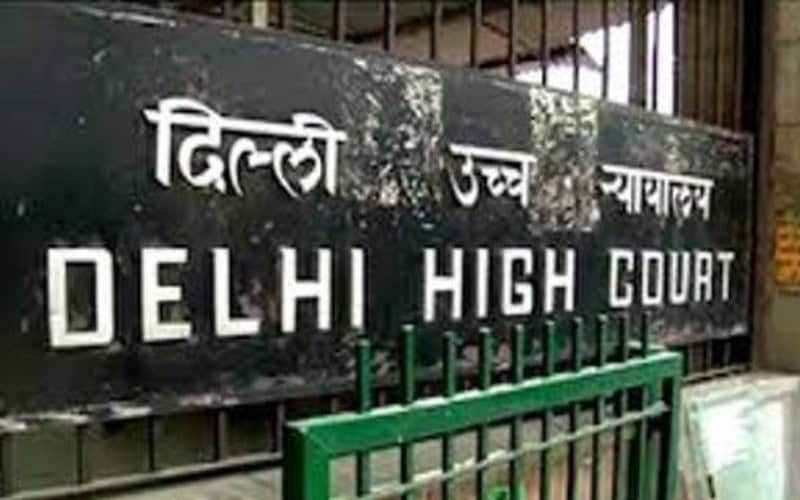New Delhi: The Delhi High Court has sought responses of Centre, Army and others on a writ petition seeking direction for setting aside/quashing the recruitment of President’s Bodyguard which was held on September 4, 2017.
In the said recruitment only three castes, namely Jats, Rajputs and Jat Sikhs were invited for recruitment.
The division bench of Delhi High Court has sought responses of the Union of India, Chief of Army Staff, Commandant of the President’s Bodyguard and Director, Army Recruitment, on the petition within four weeks and fixed May 8 as the date for next hearing in the matter.
Petitioner Gaurav, who is from Rewari district of Haryana and belongs to Ahir/Yadav caste, claimed that he was not allowed to sit in the said exam as he didn’t belong to any of the three castes (Jats, Sikhs and Rajputs).
The petition stated that the preferential treatment provided to the said castes led in the deprivation of the opportunity of recruitment to other citizens of the country at large who were eligible except for their caste. The recruitment criteria so formulated and followed contains an arbitrary classification which is based on caste and henceforth, it being in the nature of class legislation, stands in complete violation of Article 14 of the Constitution of India.
According to the petition, the recruitment process stands in violation of Article 15(1) which prohibits discrimination on the basis of race, religion, caste, sex, colour and place of birth. In the said recruitment there was discrimination on the basis of caste. Also, Article 16 provides for non-discrimination by the state in employment to public office.
However, in the present case, since only three castes were allowed to be recruited to the office of Presidential Bodyguards, which is indeed a public office, there is violation of Article 16 as well.
The petitioner prays for the issuance of an appropriate Writ, Order or Direction in the Nature of Quo Warranto and setting aside the recruitment which has been done on the basis of caste and further directions to declare the selection process of President’s bodyguard as unconstitutional because the same does not permit all eligible citizens of India for selection and recruitment of said post.
Earlier, the Delhi High Court and Supreme Court had refused to entertain the plea because the said plea was in PIL (public interest Litigation) form and there was no aggrieved party for challenging the said examinations.
[source_without_link]ANI[/source_without_link]

